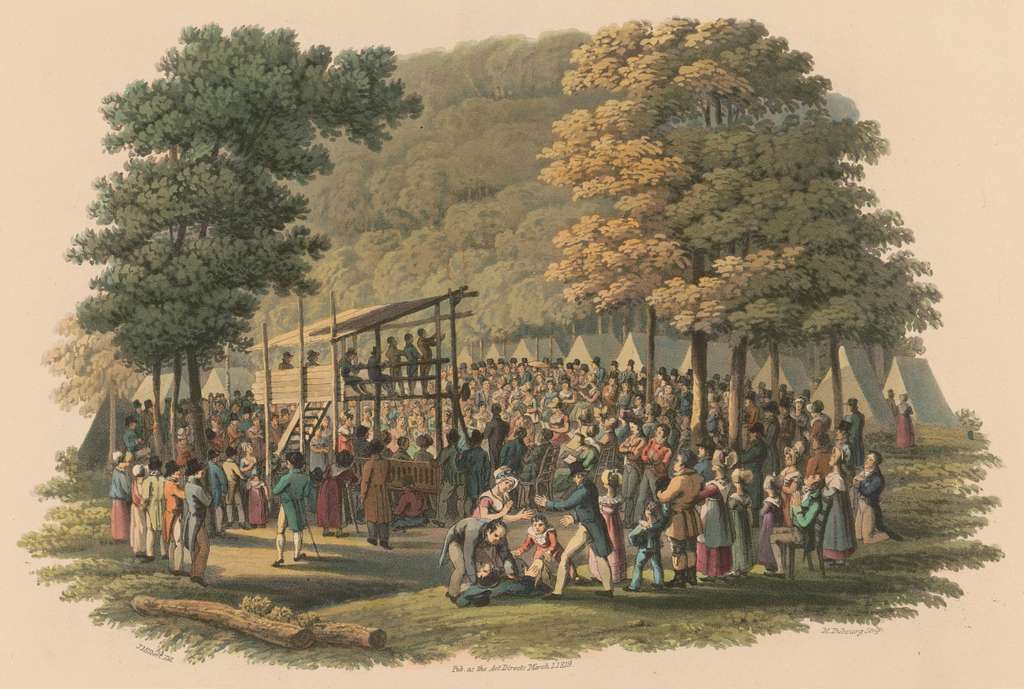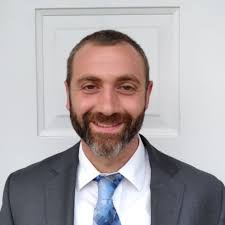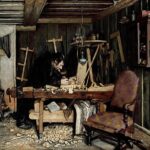Recently, First Things published an excellent reflection on why, in this age of cultural upheaval, societal collapse, and encroaching evil, the organization chose to prioritize a poetry contest. “‘[T]he first thing to be said about public life is that public life is not the first thing.’ This means that ‘politics is, in largest part, an expression of culture, and at the heart of culture is religion.’” Of course public life matters greatly. But those who care about public life realize that focusing on primary things, on creating culture and instilling faith and piety in citizens, is what brings about a true renewal of public life.
I was struck deeply by this reflection on poetry. A prize that encourages great people to write excellent poetry is exactly what we need in these dark times. Why? Because this is how we build. Cultures are built, civilizations are renewed, by focusing on the timeless things, the things that are good and true and beautiful. Yes, of course the rebuilding of public life requires training in governing skills, policy prowess, and administrative abilities. But to build a culture that produces good leaders, we need to go far beyond technocratic skills and allow the foundations of western civilization—the truths discovered in faith and classical learning—to flourish. We need statesmen, yes. But a culture that produces great statesmen must produce good philosophers, writers, artists, and poets.
Three years ago, I came across an application for the Good Counselor Project, a fellowship program for young attorneys. The program focused on serious spiritual and intellectual formation, modeled on the life of St. Thomas More, so that young lawyers could join a community focused on living out the noble public calling of the lawyer in society. The invitation to join a community of young, serious Christian lawyers who would together pray, study, and discuss the great books (from Homer, Sophocles, and Plato, to Boethius, Aquinas, Dante, and Pope Benedict XVI) and so form a network of lawyers dedicated to rebuilding the culture through holiness was extremely attractive. I was in.
Three years later, I am blessed to work for the Napa Legal Institute, where one of my duties is to oversee the Good Counselor Project. Year after year, as young, brilliant, faithful attorneys continue to enter the fellowship program, this project continues to build momentum and promises to be a force for cultural renewal. The program attracts those looking to take their calling from God, not just as a call to prayer and personal holiness, but to the sanctification of every aspect of their lives, including their work as lawyers. The program equips them with spiritual formation from priests and lay leaders, so that they learn to incorporate prayer, virtue, and the Gospel into their work. It exposes them to the great works of the western tradition, so that they might begin to learn the depths of the foundations of our civilization and our law. And it brings them into community, where their brethren can strengthen them, encourage them to continue this formation as a life-long process, and connect them with opportunities to put their legal skills to use in service to the religious organizations who need them.
In a culture where the discourse is so polarized and political and shallow, this fellowship program, like the First Things poetry contest, is desperately needed. Young attorneys get the opportunity to feed their spiritual lives on the great ideas that have shaped civilization with faithful, like-minded peers, and to create a nationwide network of Good Counselors who view law as a vocation for holiness and the common good. Alumni spread the word; their friends apply the following year. People are hungry for authentic culture and formation.
The lesson is that we need to continue rebuilding on the proper foundations. What is the answer to the cultural crisis? Yes, there are many wonderful think tanks and organizations doing incredible work in politics, policy, and government. But at the end of the day, the answer to the crisis in public life is ultimately that “public life is not the first thing.” We need to move professionals beyond seeing themselves as useful technocrats. To do so, we need to offer opportunities to to develop a deep inner life, a love for learning, and a high sense of vocation. We need to endow and encourage the arts, so that the great minds of the coming generations may seek a path to become not only successful lawyers and executives but great writers, scholars, and poets.
What will it take to rebuild the culture, to revitalize the nation’s institutions, strengthen its families, and form communities capable of maintaining a healthy society?
It will take fellowship programs for lawyers to pray and study the Great Books. It will take widely publicized poetry contests. It will take high-level reading groups in every region of the nation (our family hosts a monthly cultural reading/discussion group in our living room). It will take outlets like this one that publish excellent content, from book reviews to timely essays to poetry. It will take liberal arts schools educating young people in the Great Books tradition, so they have a deep understanding of the foundations of western civilization and the ability to continue that tradition for the generations to come.
Society needs its most talented individuals to not just dive into the fray of politics and policy but to build the institutions that shape culture. The best and brightest should read Dante, write poetry, learn to play an instrument, host a reading group, build a classical school. Building communities of good people committed to studying and discussing the first things, the most important things, is not a luxury for just a few intellectuals. It is a necessity for all those seeking to contribute to rebuilding a healthy civilization.
Image Credit: Jacques-Gérard Milbert; M. Dubourg “Camp Meeting of Methodists in N. America” (1819) via Picryl






